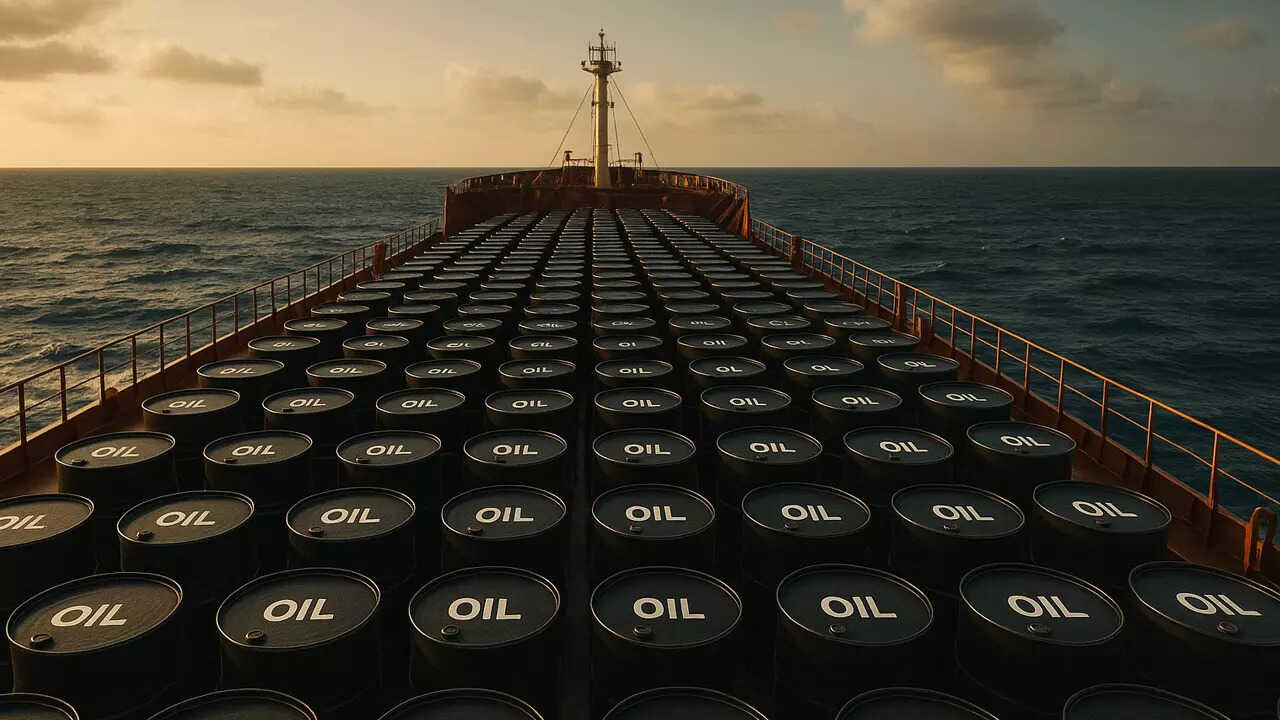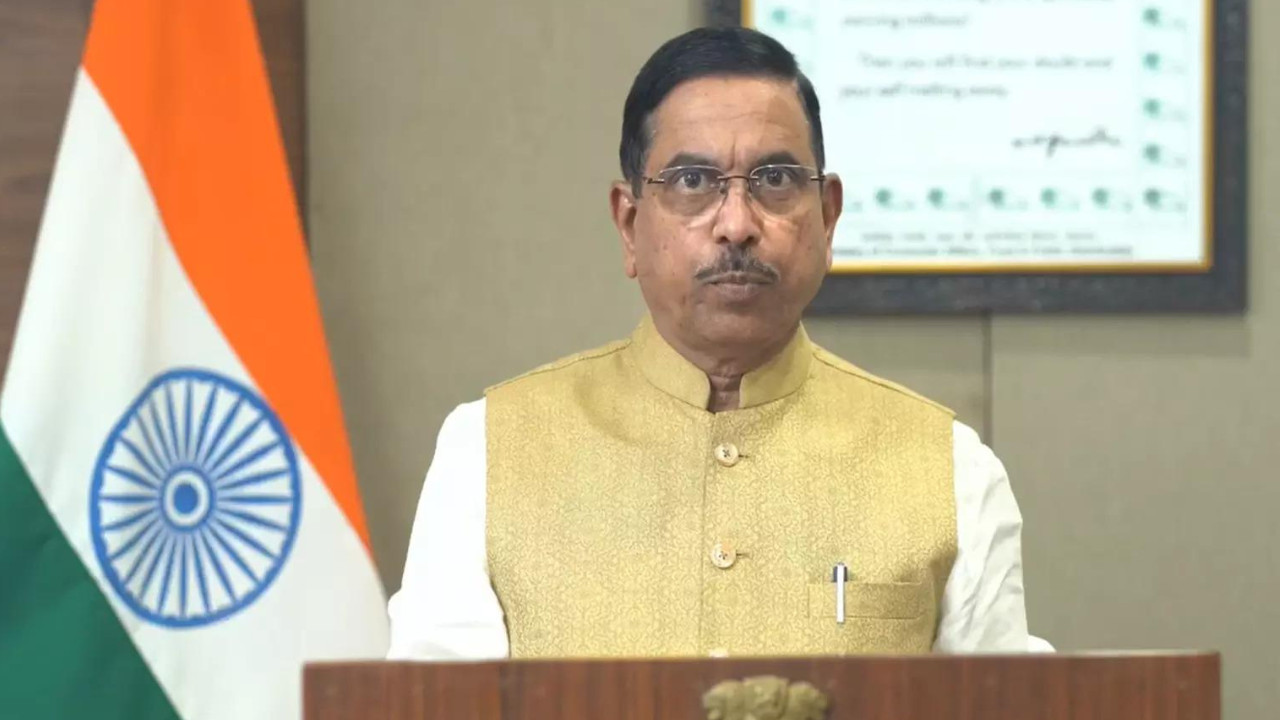Iran-Israel war: Amidst rising tensions, concerns escalate over potential disruptions to global oil supply via the Strait of Hormuz. While a prolonged blockade remains unlikely, even brief closures could trigger significant price surges and economic instability. Iran’s strategic position offers various retaliatory options, yet faces constraints including potential counterstrikes and disapproval from key allies like China.
A World on Edge: Could the Strait of Hormuz Become a Flashpoint?
The world holds its breath. Tensions in the Middle East are palpable, a tightly wound spring threatening to unleash chaos. The ongoing conflict between Israel and Hamas, coupled with simmering tensions between Iran, the US, and Israel, has created a tinderbox situation, and the consequences could ripple across the globe, impacting something we all rely on: oil.
The Strait of Hormuz, a narrow waterway connecting the Persian Gulf to the Gulf of Oman and the Arabian Sea, is arguably the most strategically important chokepoint in the world. This vital artery sees a staggering amount of oil tanker traffic – estimates suggest around 20% of global oil consumption passes through it daily. Think of it as the jugular vein of the global energy market; if it’s constricted, the effects are immediate and widespread.
But what’s fueling this renewed anxiety about the Strait of Hormuz?
The escalating conflict in the region, particularly the shadow war between Iran and Israel, is a major catalyst. Recent strikes attributed to Israel, and potential future actions, have raised the stakes. Iran, feeling increasingly cornered, has repeatedly signaled its willingness to use the Strait as leverage.
Imagine a scenario where Iran, in response to perceived aggression, decides to disrupt or even close the Strait. The consequences would be swift and severe. Oil prices would skyrocket, sending shockwaves through economies already grappling with inflation. Supply chains would be disrupted, impacting everything from transportation to manufacturing. The ripple effect would be felt by consumers worldwide, hitting their wallets at the gas pump and increasing the cost of everyday goods.

The Geopolitical Chessboard: Iran’s Options and Considerations
While Iran has the capability to disrupt traffic through the Strait, the decision to do so is not taken lightly. It’s a high-stakes gamble with potentially devastating consequences for all involved, including Iran itself.
Why? Firstly, Iran is heavily reliant on exports, and disrupting the Strait would cripple its own economy. Secondly, such an action would almost certainly invite a swift and decisive response from the US and its allies, leading to a military confrontation that Iran likely wants to avoid.
However, desperation can be a powerful motivator. If Iran feels its survival is threatened, it might be willing to take extreme measures, regardless of the cost. This is where the danger lies. The potential for miscalculation, escalation, and unintended consequences is incredibly high.
The US Role: Balancing Deterrence and De-escalation
The US maintains a significant military presence in the region, primarily aimed at deterring Iran from taking aggressive actions. The US Navy patrols the Strait of Hormuz regularly, and any attempt to block the waterway would likely be met with force.
But military deterrence is only one piece of the puzzle. Diplomatic efforts are equally crucial. Finding a way to de-escalate tensions between Iran and its rivals is essential to preventing a crisis from erupting. This requires delicate negotiations, a willingness to compromise, and a clear understanding of each party’s red lines.
Beyond Oil: The Broader Implications of Strait of Hormuz Disruption
The impact of a Strait of Hormuz closure extends far beyond the oil market. It would have profound geopolitical implications, potentially destabilizing the entire region and drawing major powers into a conflict. It is therefore, imperative to look into oil and gas exploration in other regions to find sustainable alternatives.
Consider the potential for increased regional instability. Countries that rely heavily on oil exports from the Persian Gulf would be particularly vulnerable, and this could lead to internal unrest and even state collapse. The ensuing refugee crisis would further strain resources and exacerbate existing tensions.
Navigating the Storm: What Lies Ahead?
The situation in the Middle East is incredibly complex and volatile, and predicting the future with certainty is impossible. However, one thing is clear: the Strait of Hormuz remains a critical chokepoint, and its stability is essential for global energy security and international peace.
While the risk of a full-blown conflict remains, all parties involved have a strong incentive to avoid a catastrophic escalation. Whether through diplomatic breakthroughs or simply a grudging acceptance of the status quo, finding a way to manage tensions and prevent a closure of the Strait of Hormuz is paramount. The alternative is simply too dangerous to contemplate. The world can only hope that cooler heads prevail and that this vital waterway remains open for business.







